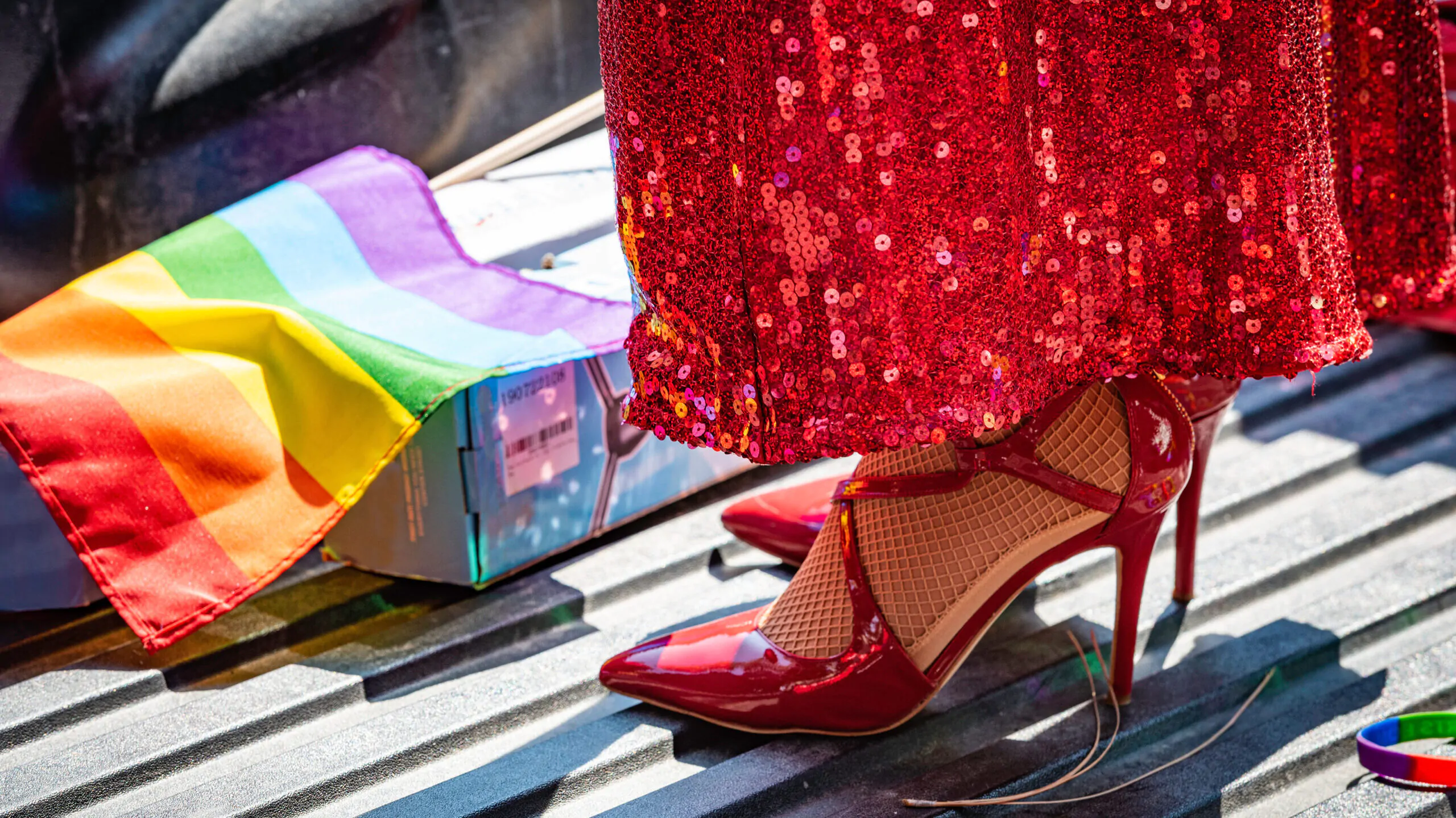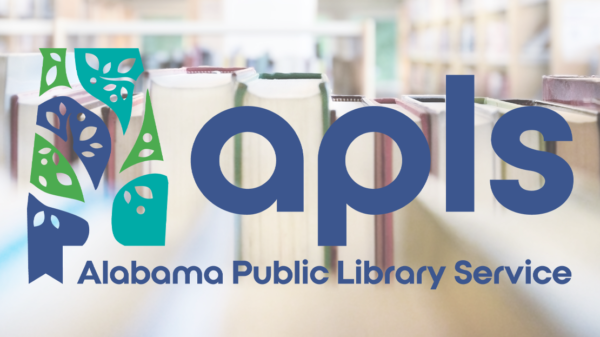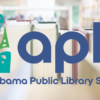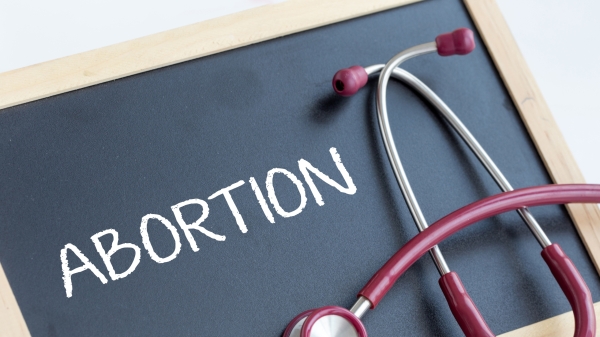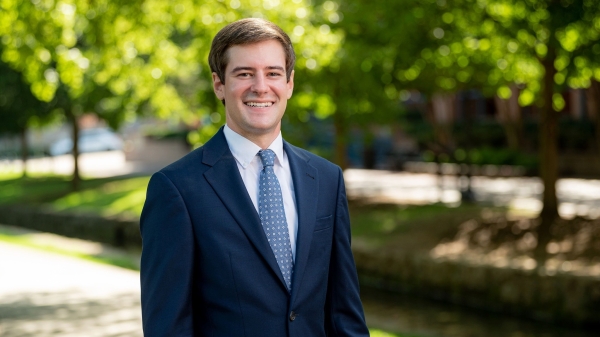Alabama House Majority Leader Scott Stadthagen, R-Hartselle, has filed a new bill to ban “drag performances” in public schools and libraries.
The Alabama Legislature has had a bill fail in the past two sessions that lawmakers originally designed for this same purpose. That bill, however, takes a more convoluted approach by changing certain definitions already existing in state law to try to classify drag performances as “harmful to minors.”
Stadthagen’s bill more simply adds new language that clearly bans drag performances in schools and libraries.
HB67 simply states: “A public K-12 school or public library shall not knowingly present or sponsor any drag performance in the presence of a minor without the consent of the minor’s parent or legal guardian.”
A “drag performance” is defined as “a performance in which a performer exhibits a sex identity that is different from the sex assigned to the performer at birth using clothing, makeup, or other physical markers.”
“Performance” itself is not defined, leaving room for interpretation over what counts as a drag performance. Stadthagen did not respond to a message from APR seeking comment before publication time.
The primary involvement of drag queens in schools and libraries has been often referred to as “drag queen story time,” in which a man dressed in drag simply reads a story to the children. The law makes no distinction whether that would be considered a “performance.”
The law also lacks any consequences for a violation. The bill is a mere two pages long and contains only four sections.
Section 1 defines “drag performances” as well as “sex,” which it defines as the “state of being male or female as observed or clinically verified at birth.”
Section 2 prohibits drag performances at schools and libraries.
Section 3 regards overnight programs for minors operated by any state department in an apparent response to a controversy created last year about a transgender space camp employee accused of entering a private area of female campers. While the camp cleared the employee of wrongdoing, lawmakers have been taking bites at the apple in a number of bills.
The section states that “during any overnight program for minors operated or sponsored by any state department, agency, board, or commission where attendees share multi-occupancy bathrooms, changing facilities, or sleeping quarters, no minor shall share a multi-occupancy bathroom, changing facility, or sleeping quarter with a member of the opposite sex unless the individuals are members of the same family, such as a parent, legal guardian, sibling, or grandparent, and the minor has received approval from the parent or legal guardian to do so.”
Section 4 merely states that the act, if passed, would take effect on Oct. 1, 2025.
Stadthagen is also one of 50 Republicans supporting HB4 by State Rep. Arnold Mooney, R-Indian Springs, that has evolved from a bill focused on preventing public drag performances to rooting out LGBTQ+ materials from libraries by criminalizing librarians who shelve them.
If a citizen believes a librarian is shelving a book in a youth section that is “harmful to minors” under Mooney’s rewritten definition of the law, the librarian will have to move it or risk a misdemeanor charge—whether the book actually meets the complex standard of that law could not necessarily prevent a charge from being filed.
The definition of “sexual conduct” in HB4 is updated to include this new section: “In K-12 public schools or public libraries where minors are expected and known to be present without parental presence or consent, any sexual or gender-oriented conduct, presentation, or activity that knowingly exposes a minor to a person who is dressed in sexually revealing, exaggerated, or provocative clothing or costumes, who is stripping, or who is engaged in lewd or lascivious dancing.”
HB4 has a clear path to quick passage in the House with nearly enough sponsors to vote it through as it is—only 53 members are needed to pass a bill if every member is present.








































